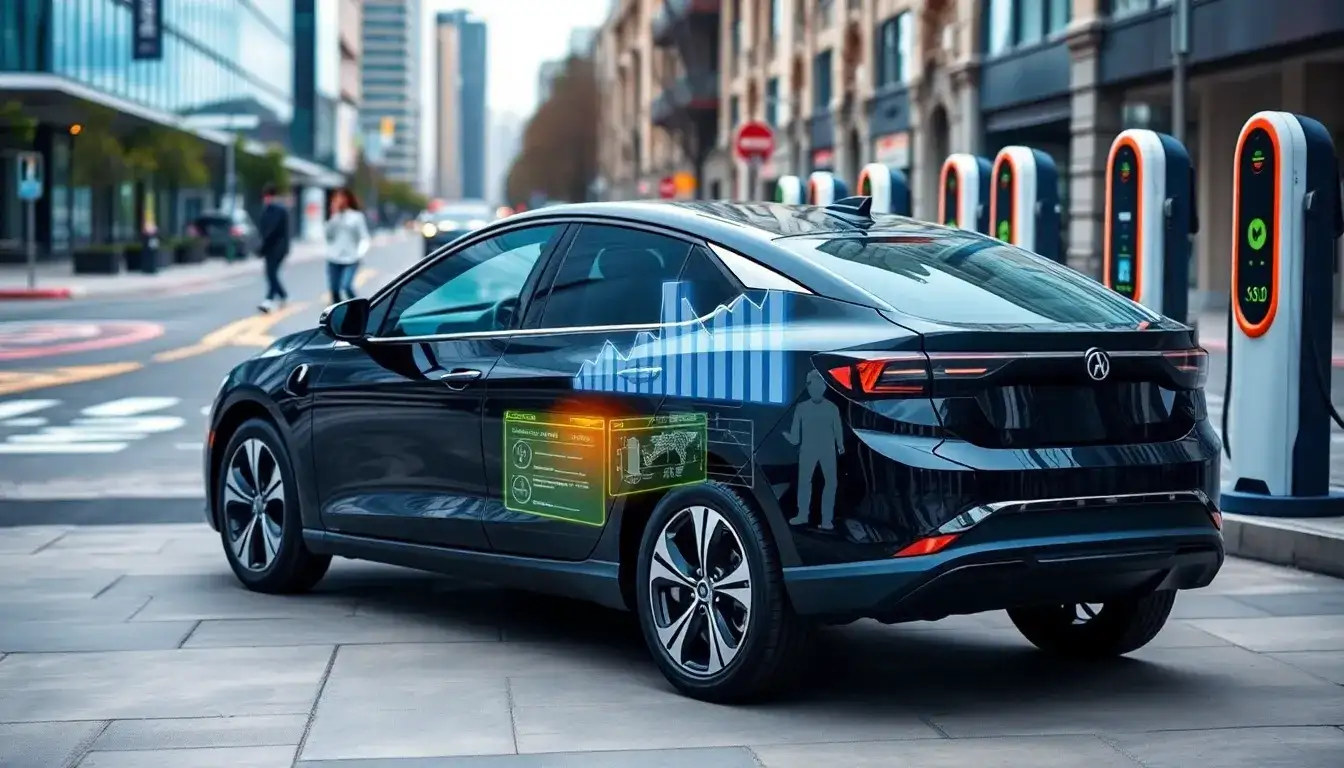
The demand for electric vehicles (EVs) is on the rise, with the latest data indicating that the price for a replacement battery for mid-range electric cars has reached around 220,000 yuan (approximately $34,000). This has sparked concerns among potential car buyers, as the increasing costs pose a significant challenge for the adoption of EVs.
As of March 26, 2025, the shift to electric vehicles is encountering hurdles, particularly concerning battery costs. For instance, the cost of a replacement battery for a Tesla Model S, which originally sold for around 160,000 yuan (about $24,000), has increased, making it an expensive proposition for consumers. According to recent reports, the total cost of replacing the battery for models like the Mercedes EQC350 can also exceed 220,000 yuan, which is a considerable amount for many buyers.
Data suggests that the price of electric vehicle batteries has been rising steadily, and it’s becoming increasingly difficult for manufacturers to keep costs down. The average price for a replacement battery is now estimated to be between 40,000 and 50,000 yuan ($6,000 to $7,500), which is a substantial amount when compared to traditional fuel vehicles.
The growing concern about battery expenses is evident among manufacturers and consumers alike. As the market continues to evolve, many traditional auto manufacturers are transitioning into electric vehicles, but the cost of components like batteries remains a significant hurdle. This situation is compounded by the fact that as EV technology improves, consumers are expecting longer-lasting and more efficient batteries.
For example, leading companies like Tesla offer warranties on their batteries for up to 8 years or 240,000 kilometers, but the reality is that many consumers are worried about the potential costs involved after the warranty period expires. The increase in battery prices could deter many potential customers from making the switch to electric vehicles.
Additionally, with the average lifespan of EV batteries declining to about 30% of their original capacity after a certain period, the need for replacement becomes critical, raising further concerns about the financial implications for EV owners.
While the transition to electric vehicles is supported by government incentives and growing consumer interest, the financial aspect of battery replacements continues to be a significant barrier. As battery technology progresses, it is essential for manufacturers to address these concerns to ensure the sustained growth of the electric vehicle market.







